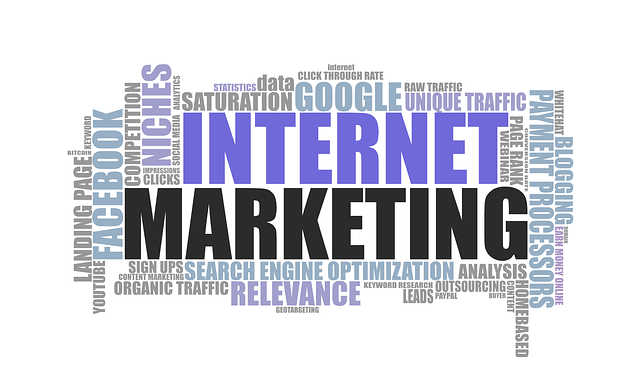AI-driven property valuation systems are revolutionizing residential real estate by providing faster, more accurate assessments using machine learning algorithms that analyze historical sales data, market trends, property features, and location. These tools offer objective, standardized valuations that adapt to market changes, replacing subjective manual methods. However, successful implementation requires addressing data quality, privacy, and the limitations of AI in capturing local dynamics or unique features. A balanced approach combining automation with human expertise ensures precise and reliable valuations. Additionally, AI's versatility is demonstrated through improved email campaign subject line testing, boosting client engagement and satisfaction.
“Revolutionize your real estate game with AI-driven property valuations! In today’s digital age, automated systems are transforming residential real estate. This comprehensive guide explores the ins and outs of AI-powered property evaluation, from understanding the technology to its benefits and potential challenges.
We’ll delve into how these systems work, the advantages they offer agents and buyers, and strategies for effective implementation. Get ready to unlock efficient, data-driven property assessments with an email campaign subject line in mind: ‘AI: The Future of Accurate Home Valuations.’ “
- Understanding AI-Powered Property Valuation Systems
- Benefits and Challenges of Automated Valuations in Real Estate
- Best Practices for Implementing AI in Residential Property Evaluations
Understanding AI-Powered Property Valuation Systems

AI-powered property valuation systems have emerged as a game-changer in the residential real estate industry, revolutionizing the way properties are assessed and priced. These innovative tools utilize advanced machine learning algorithms to analyze vast amounts of data, from historical sales records and market trends to property features and location-based factors. By processing these data points, AI models can provide fast, accurate, and consistent valuations, replacing or augmenting traditional appraisal methods.
Unlike manual valuation processes that rely heavily on human expertise and subjective judgments, AI systems offer objectivity and standardization. They can quickly adapt to market changes and local dynamics, ensuring up-to-date property assessments. Moreover, email campaign subject line testing has shown that leveraging AI in real estate communications—including automated property valuations—can significantly enhance client engagement and satisfaction by providing personalized, data-driven insights tailored to individual needs.
Benefits and Challenges of Automated Valuations in Real Estate

Automated property valuations powered by AI are transforming residential real estate, offering numerous benefits to agents, buyers, and sellers alike. One of the key advantages is speed; AI algorithms can analyze vast datasets, including historical sales data, market trends, and property features, to provide instant appraisals. This efficiency streamlines the entire process, enabling faster listing decisions and more informed negotiations. Additionally, AI models can offer highly accurate valuations by leveraging advanced predictive analytics, potentially reducing human error and bias.
However, challenges remain in implementing this technology. Data quality is paramount; inaccurate or incomplete information fed into the system may lead to flawed outcomes. Ensuring data privacy and security is another critical aspect, especially with sensitive property details at stake. Moreover, while AI excels at providing objective valuations, it may struggle to capture unique local market dynamics or distinct property characteristics that human appraisers could easily discern. Therefore, a blend of automated technology and expert human judgment remains essential for precise and reliable property valuations in the real estate industry.
Best Practices for Implementing AI in Residential Property Evaluations

Implementing AI for residential property valuations requires a strategic approach to ensure accuracy and reliability. Best practices include integrating historical data on sales, location-based factors, and property features to train models effectively. It’s crucial to regularly update datasets to adapt to market changes and new trends in housing. Additionally, explaining the evaluation process to stakeholders and clients is essential for building trust and understanding the AI’s decision-making rationale.
For optimal results, consider an iterative process where AI models are continuously refined through A/B testing and subject line analysis. This can be achieved by comparing traditional valuation methods with AI outputs and collecting feedback from industry experts. Leveraging AI tools for email campaign subject line testing is another strategic move, as it demonstrates the technology’s versatility and value in streamlining various aspects of real estate operations.
AI-driven property valuation systems are transforming the residential real estate industry, offering increased efficiency and accuracy. By leveraging machine learning algorithms, these tools analyze vast data points to provide instant and precise assessments. However, while automation presents numerous advantages, challenges such as data quality issues and model bias require careful consideration. To successfully integrate AI into residential property evaluations, professionals should focus on data preparation, continuous model monitoring, and ensuring transparency in the valuation process. Embracing best practices will enable agents and stakeholders to harness the full potential of AI, enhancing decision-making and streamlining transactions through effective email campaign subject line testing and targeted communication strategies.
